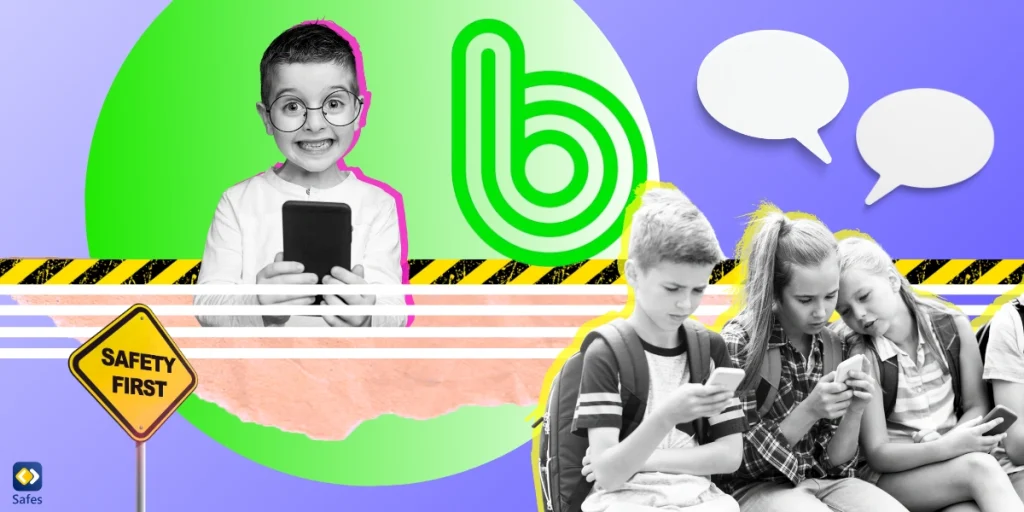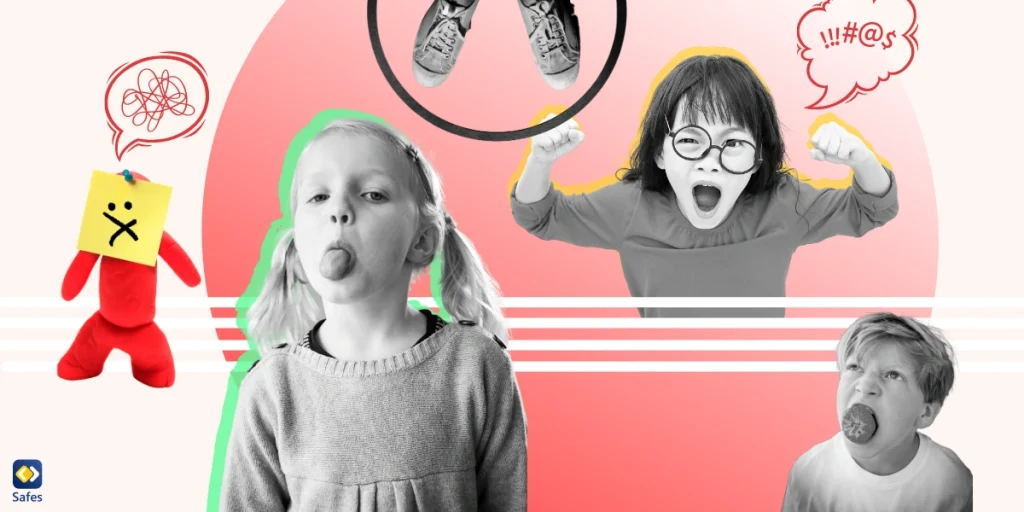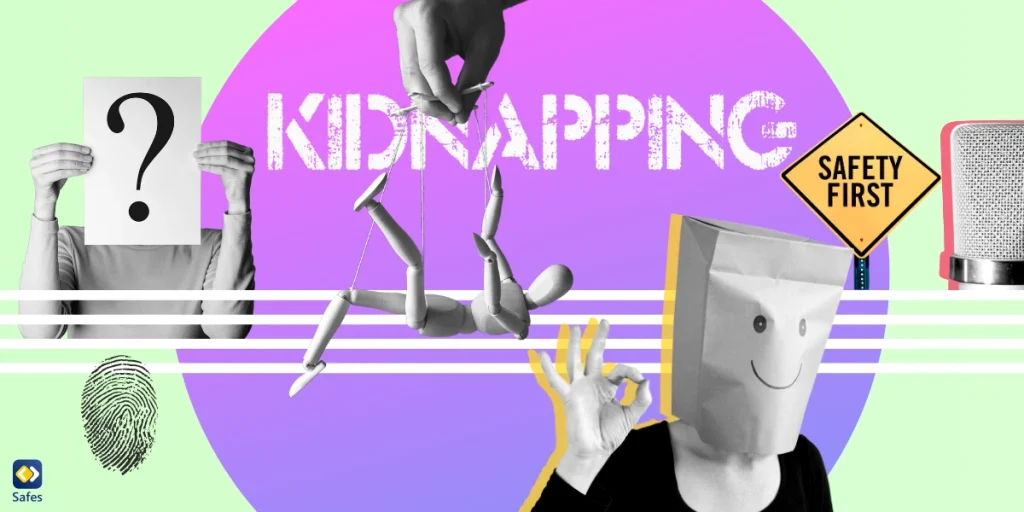As a parent, one of the most challenging parenting conversations you may have is how to talk to kids about school shootings. Unfortunately, the frequency of these tragic events makes them a stark reality of our time. So, you must equip your child with the necessary understanding and tools to navigate this complex issue. In this guide, we’ll provide practical advice, suggestions, and resources to help you conduct these challenging conversations.
Understanding the Need for Conversation
The first step in addressing this topic with your child is acknowledging the need for the conversation. Children are more perceptive than we often give them credit for. They can access information from various sources, including the internet, television, and their peers. As such, they might already be aware of these incidents or could quickly become familiar in the future. It’s essential to ensure that they receive accurate, age-appropriate information and guidance from you rather than potentially distressing and inaccurate details from other sources.
How Frequent Are School Shootings?
Before anything else, we have to understand how big of an issue school shooting is. According to Everytown for Gun Safety In America alone, there have been at least 86 gunfire incidents on school grounds, resulting in 27 deaths and 59 injuries in 2023. Also, it is estimated that 3 million children in the US are at risk of shootings every year.
Assessing Your Own Feelings
These statistics should make any parent worry about their child’s safety and health. In fact, the terror of experiencing a school shooting can have severe negative effects on students’ mental health. So, we do need to have a discussion about this issue with our children. But before you launch into this difficult conversation, you have to assess and manage your own feelings. Your own anxieties, fears, and uncertainties can unintentionally transfer to your child, amplifying their worries. Seek support, if needed, from trusted friends, family, or mental health professionals to help process your feelings.
Initiating the Conversation
When you feel it’s the right time to discuss, gently ask your little one what they think they understand about incidents at school, like shootings. This way, you can better understand their perspective and help clear up any confusion they might have. Be patient and allow them the freedom to share their emotions, thoughts, and worries. Try to make them feel safe and heard.
Questions to Ask About School Shootings
It helps to ask questions like:
- How do you feel about the news of school shootings that you might have heard or read about?
- In school, have you ever had discussions or lessons about school safety and the possibility of such incidents?
- How would you react if you saw or heard something suspicious at school?
- Do you feel safe at school? Why or why not?
- If you were scared or worried about something at school, would you feel comfortable talking to a teacher or school counselor about it?

Addressing the Topic According to Age Groups
You must adapt your discussion about school shootings according to your child’s age. Use the strategies below when bringing up the issue with children of different ages.
Preschoolers and Kindergarteners
With the little ones, if you think they might get wind of something through the grapevine, it’s a good idea to chat about it with them, but keep it light and easy to understand. The key is to offer basic information and ample reassurance. It’s crucial to help them understand that such events, while sad, are rare, and the adults in their lives are there to protect them.
Elementary School Children
With older children, it’s crucial to shield them from graphic details. Focus on the safety measures taken in their own school to protect them. Emphasize the rarity of such events but acknowledge their reality. Try not to add to their anxiety about mass shootings.
Tweens and Teens
For tweens and teens, try to invite them to a more open and detailed discussion. Ask them what they know about the incident and let them express their feelings. You must validate their feelings and reassure them that feeling scared or anxious is natural during these times.
Managing Media Exposure
The intensity and frequency with which school shootings are covered in the media can exacerbate anxiety and fear. Limiting your child’s exposure to news and social media regarding these incidents can help manage their anxiety levels. One way to achieve this is through using parental control apps such as Safes, which we will discuss later in this blog.
Introducing Proactive Measures
Help your child channel their anxieties into proactive measures. Discuss possible actions they can take, like participating in safety drills at school, learning about emergency procedures, or even engaging in advocacy or activism.
Recognizing Signs of Distress
Monitor your child for signs of distress or trauma, such as changes in behavior, sleep difficulties, or physical complaints. If your child seems excessively upset or anxious, consider seeking professional help.
Conclusion: How to Talk to Kids about School Shootings
Discussing school shootings with your child can be a daunting task. But if you start by sharing comfort and reassurance and providing your little one with the right knowledge and resources, you can really make a difference. You have a special role in helping shape how your child understands and responds to these situations.
Frequently Asked Questions About School Shootings
We’ve answered some of your most common questions about school shootings below:
How to protect your child from school shootings?
Protecting your child from a school shooting requires having open communication, teaching them to observe their surroundings, and encouraging them to report any suspicious activities to adults. Besides, you should ensure that your child’s school has a comprehensive safety plan in place.
How to keep my child safe at school shootings?
To keep your child safe during a school shooting, educating them about the “Run, Hide, Fight” protocol is crucial. Teach them to escape the danger if possible, hide if escape isn’t an option, or fight as a last resort.
What to do in a school shooting?
You should follow the “Run, Hide, Fight” protocol in a school shooting. First, run if there’s a safe path. If not, find a safe place to hide and barricade the entrance. Only as a last resort, fight back against the shooter. Always remember to call 911 and provide as much information as possible.




